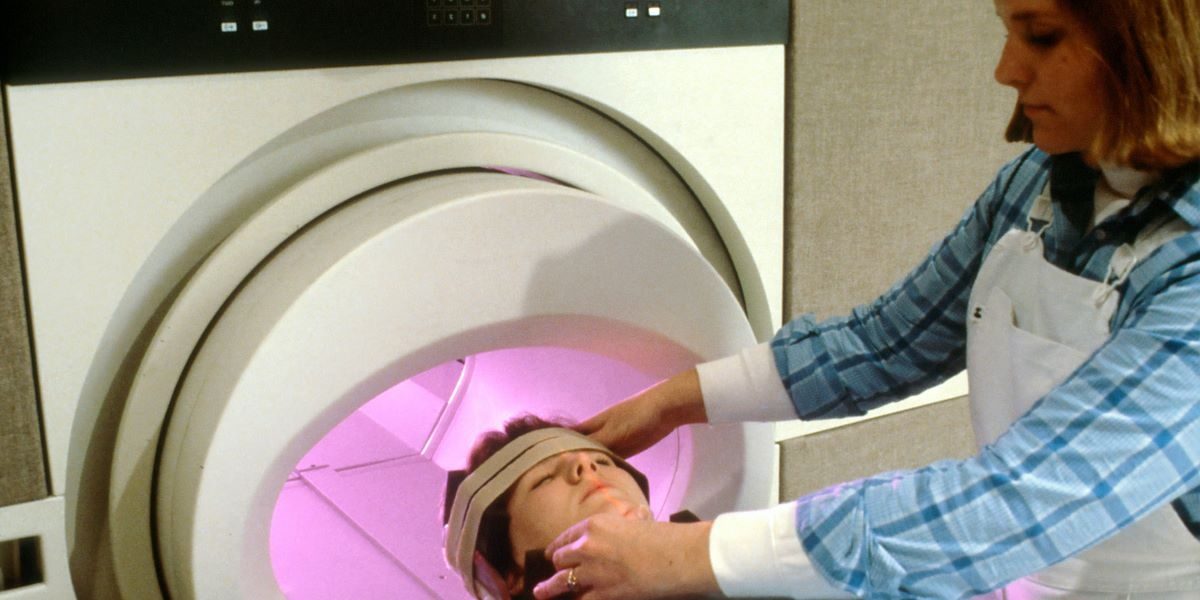Accidents can happen when we least expect them. This is particularly true in Salt Lake City, Utah. The city sees a large inflow of tourists, thanks to the many popular skiing and snowboarding spots in the US.
A brain injury is one of the serious outcomes of an accident. This injury may have life-changing effects if not identified and treated early. Understanding the signs of a brain injury is vital for accident victims to take prompt action.
If you or a loved one has experienced a head injury in Utah, reaching out to a Salt Lake City brain injury attorney is vital. They can provide valuable legal support to help victims get their lives back on track.
What is a Brain Injury?
A brain injury occurs when the brain sustains damage due to an external force or internal condition. According to the Centers for Disease Control and Prevention (CDC), about 223,000 people in the US are hospitalized annually due to traumatic brain injuries (TBI). This highlights the widespread nature of the condition, with common causes including car accidents, falls, sports injuries, and workplace incidents. Falls are the leading cause, especially among young children and the elderly. Motor vehicle crashes are the second most common cause of TBIs.
Traumatic brain injuries (TBIs) are the most common type and can be classified into:
- Concussion: A mild TBI caused by a sudden jolt or blow to the head.
- Contusion: A bruise on the brain tissue, often resulting from a direct impact.
- Penetrating Injury: When an object pierces the skull and damages the brain.
- Diffuse Axonal Injury (DAI): Caused by rotational forces that damage nerve fibers in the brain.
Early Signs of TBI
Some symptoms of TBIs appear immediately after an accident. Recognizing these early signs is critical. If any of the following symptoms occur, seek medical attention immediately:
- Persistent Headaches: A sign of swelling or bleeding in the brain.
- Nausea and Vomiting: These symptoms often follow a concussion or severe impact.
- Dizziness or Balance Issues: Feeling lightheaded or unsteady.
- Confusion or Forgetfulness: Struggling to remember details or events.
- Blurred Vision: Difficulty focusing or sensitivity to light.
Delayed Symptoms of TBI
While some signs are immediate, others develop over time. These delayed symptoms may significantly impact daily life and often go unnoticed without proper follow-up care, some of which include:
- Sleep Disturbances: Trouble falling or staying asleep or sleeping too much.
- Sensitivity to Noise or Light: Increased discomfort in bright or loud environments.
- Emotional Changes: Sudden irritability, depression, or anxiety.
- Chronic Pain: Lingering headaches or neck pain.
- Cognitive Difficulties: Trouble concentrating or making decisions.
Early Diagnosis is Important
Detecting a TBI early can prevent further complications and improve recovery. Here’s why:
- Timely Treatment: Early care can reduce swelling and address underlying issues.
- Improved Recovery Rates: Rehabilitation started early leads to better long-term outcomes.
- Legal Protection: A documented diagnosis strengthens your case when seeking compensation for medical bills or lost income.
Recognizing the signs of a brain injury is critical for accident victims. If you suspect a brain injury, seek immediate medical attention and consult a brain injury attorney to understand your legal options. Acting quickly can make all the difference in protecting your health and future.
Disclaimer: This article is for informational purposes only and should not be considered medical or legal advice. If you suspect a brain injury, seek immediate medical attention from a qualified healthcare professional. Additionally, consulting with a licensed attorney is recommended for legal guidance specific to your situation. Laws and medical recommendations may vary based on jurisdiction and individual circumstances.
Published by Mark V.

















